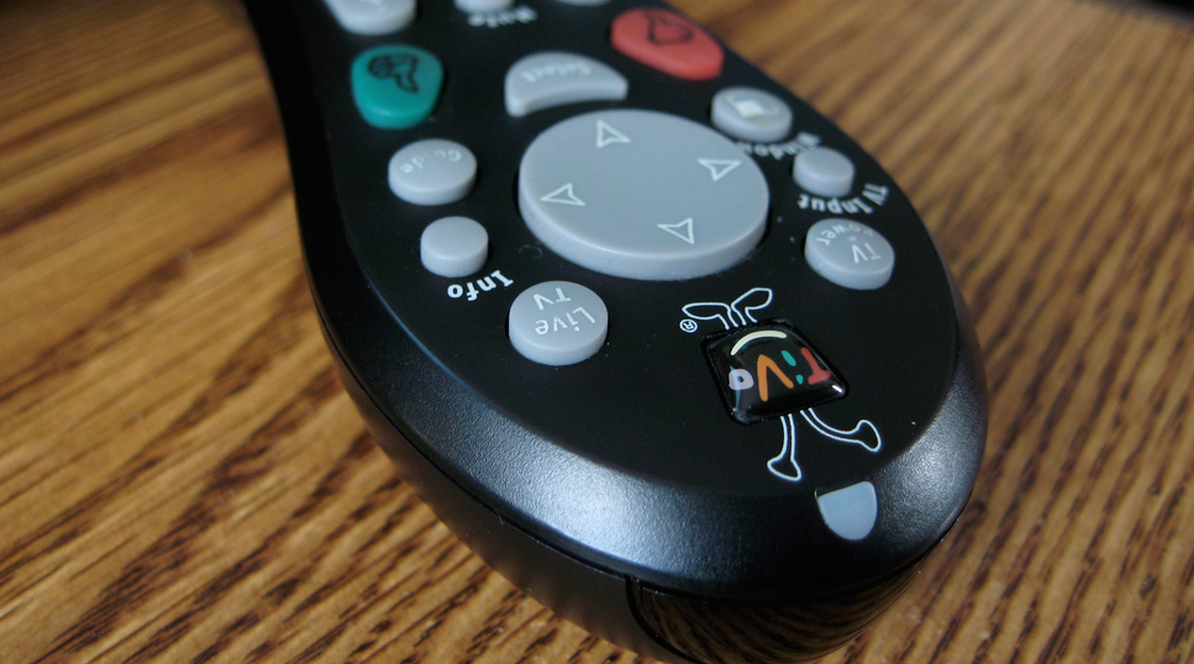TiVo Picks At The Scraps Of Aereo’s Remains
GigaOm points to a bankruptcy court filing showing the results of an assets auction that only brought in around $2 million, a small fraction of what investors had hoped to get from bidders.
We may someday hear the Aereo name again, with DVR-maker TiVo snatching up the company’s trademarks and its list of customers. Perhaps TiVo will use the name for an upcoming version of its DVR that records over-the-air network feeds, or maybe it will just plaster the name on a wall at TiVo HQ as a reminder to employees of what can happen when you anger the TV networks.
Another company, RPX, managed to walk off with Aereo’s patents for what appears to be a steal. In total the auction didn’t even manage to bring in a full $2 million. Investors had hoped for upwards of $100 million.
“We are very disappointed with the results of the auction,” Aereo’s counsel tells GigaOm. “This has been a very difficult sales process and the results reflect that.”
For those who missed out on the whole Aereo thing, it was a service that used arrays of tiny antennae to capture freely available over-the-air TV feeds, which were then streamed to paying customers. Because each antenna was dedicated to a single end-user, and since it only allowed users to see broadcast feeds in their market, the company and its supporters contended that Aereo was nothing but a rooftop antenna with a really long cord.
The networks contended that Aereo was violating their copyright by rebroadcasting their signals for a fee without permission and without paying the mandatory retransmission fees that cable companies pay.
After winning multiple federal appeals court battles, Aereo ultimately lost when the matter came before SCOTUS, the majority of whom felt that the company was operating a service that was substantively no different than a cable TV provider.
And so after shutting down its streaming business days after the SCOTUS ruling, Aereo tried to make the argument that if it was going to be considered a pay-TV operator than it should be able to license the networks’ content for a reasonable fee.
But the U.S. Copyright Office disagreed and a federal appeals court wouldn’t hear Aereo’s case, effectively putting the nail in the startup’s coffin.
Want more consumer news? Visit our parent organization, Consumer Reports, for the latest on scams, recalls, and other consumer issues.


